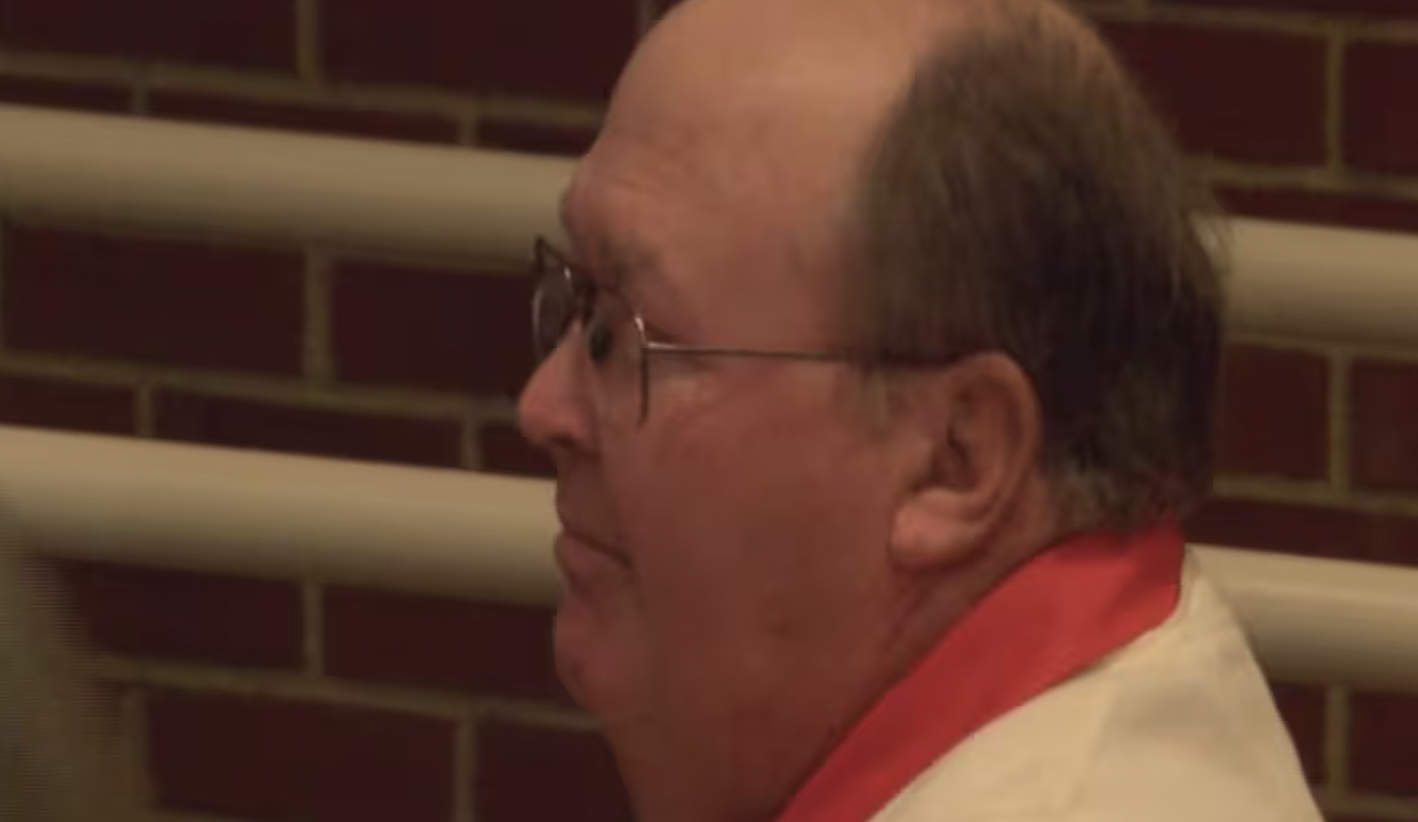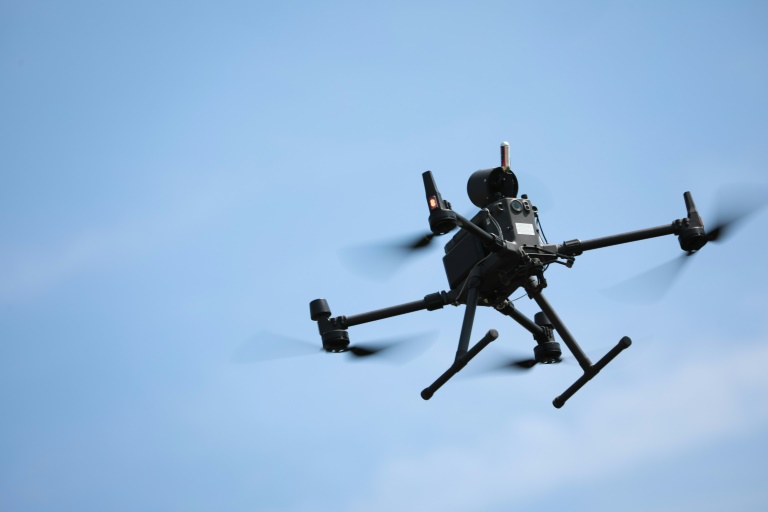The Supreme Court rejected a request from Special Counsel Jack Smith on Friday to issue an expedited ruling on whether former president Donald Trump is immune from criminal prosecution, allowing a lower court to continue reviewing the issue.
The nation’s highest court’s decision could result in unintended consequences by boosting the GOP frontrunner’s attempts to delay his trial in his federal election subversion case until after the 2024 election.
The ruling came without explanation and did not include any noted dissents.
In his petition to the court, Smith argued that an expedited resolution of Trump’s long-standing claims to presidential immunity would help the trial move quickly as the case is scheduled to begin in early March.
“The former president stands accused of serious crimes because the grand jury followed the facts and applied the law,” Smith wrote. “The government seeks this Court’s resolution of the immunity claim so that those charges may be promptly resolved, whatever the result.”
There’s a good chance that the court’s refusal to rule on the case on Friday won’t be its final word. The case is now proceeding to a federal appeals court, with oral argument scheduled for the second week of January. Both Trump and Smith can appeal the lower court’s ruling back to the Supreme Court after the decision.
“The real question is what happens then,” Steve Vladeck, a University of Texas School of Law professor, told CNN. “Assuming the Court of Appeals rejects Trump’s claim, will it keep the trial on hold pending further review from the Supreme Court, or will it allow the trial to go forward and force Trump to seek a stay from the Supreme Court?”
Vladeck added that it’s “still possible that the trial begins on March 4, but the Supreme Court’s apparent willingness to let the DC Circuit go first makes it at least somewhat – and perhaps significantly – less likely.”
In a social media post following the ruling, Trump wrote that he was “looking forward to the very important arguments on Presidential Immunity in front of the DC Circuit Court of Appeals!” As he has throughout the campaign season, the current GOP frontrunner argued that the office of the presidency protected his election subversion activities: “I was President, it was my right and duty to investigate, and speak on, the rigged and stolen 2020 Presidential Election.”
The former president, who has grudgingly acknowledged that he’s facing at least $100 million in legal fees across various criminal cases, also used the Supreme Court’s decision to raise money for his legal defense.
“The Supreme Court just DENIED the Biden prosecutor’s emergency request to ROB me of my right to presidential immunity,” read a fundraising message released Friday. “I will still have to fight for my rights in the Appeals Court – as the Biden Special Counsel will do everything in their power to rush my fake trial and wrongly CONVICT me before the 2024 election.”
The case stems from a motion Trump’s lawyers filed with US District Judge Tanya Chutkan, who oversees the election subversion case, arguing that Trump was “absolutely immune” from prosecution for his actions related to his work as president. Trump’s lawyers were hoping for a denial from Chutkan, which they could use to kick off a lengthy process of appeals and delays, and that’s exactly what they received.
Chutkan denied the motion in sweeping terms, writing the presidency did not confer upon Trump “a lifelong ‘get-out-of-jail-free’ pass” and that Trump’s “four-year service as commander in chief did not bestow on him the divine right of kings to evade the criminal accountability that governs his fellow citizens.”
In response to Chutkan’s ruling, a Trump spokesman vowed that “the corrupt leftists will fail, and President Trump will keep fighting for America and Americans, including by challenging these wrongful decisions in higher courts.”







